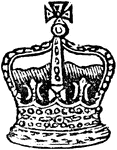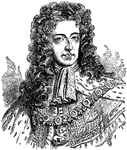Clipart tagged: ‘King of England’
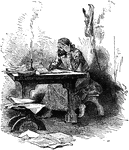
Alfred the Great
The king of the southern Anglo-Saxon kingdom of Wessex from 871 to 899. Alfred is famous for his defence…
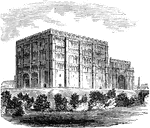
Norwich Castle
The Norwich Castle was built in 1067 by the order of William the Conquerer, who was King of England…
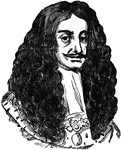
Charles II
Charles II (Charles Stuart; 29 May 1630 - 6 February 1685) was the King of England, Scotland, and Ireland.
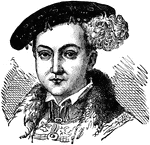
Edward VI of England and Ireland
Edward VI (12 October 1537 - 6 July 1553) became King of England and Ireland on 28 January 1547 and…
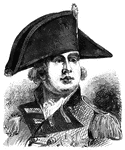
George III, King of England
"King George III, king of England during the old Confederation."—E. Benjamin Andrews, 1895
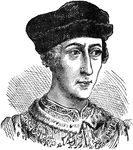
Henry V of England
Henry V (16 September 1386 – 31 August 1422) was one of the most significant English warrior kings…
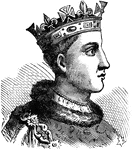
Henry VI of England
Henry was the only child and heir of King Henry V of England and therefore great things were expected…
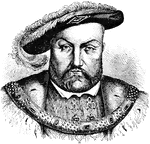
Henry VIII
"Henry VIII (1509-1547) came to the throne in 1509, inheriting a vast treasure which he owed to the…
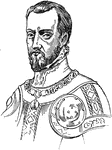
Philip II
The King of Spain from 1556 to 1598, and King of England while married to Mary I from 1554 to 1558.

